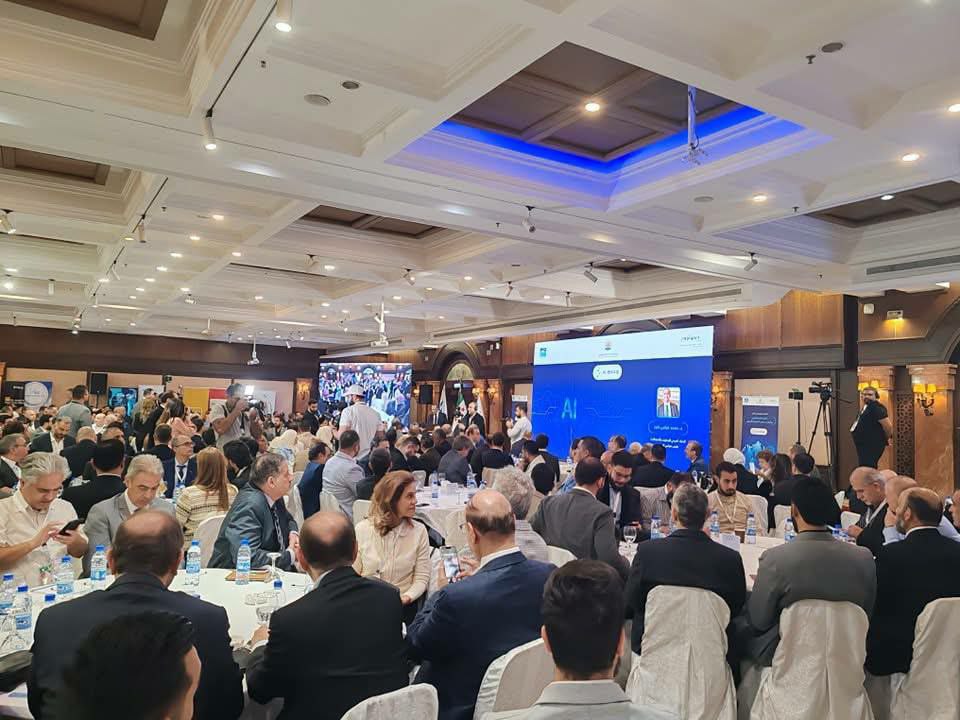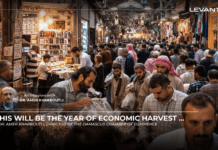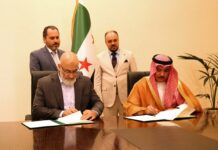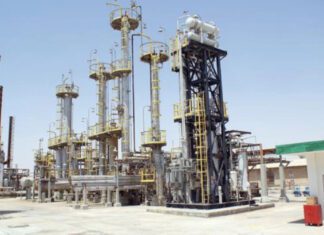
Syria is positioning itself for a digital comeback, unveiling an ambitious roadmap to modernize its communications infrastructure and embrace artificial intelligence (AI) as a central pillar of economic recovery and development.
Damascus Hosts First National AI Conference
The AI-SYRIA 2025 conference, the first of its kind in the country, opened this week in Damascus under the banner “Arab Strategies for the Future Economy.” Organized by the Syrian Ministry of Communications and Information Technology, the Arab Internet Union, and the Syrian Informatics Society, the conference reflects the government’s growing focus on technology as a driver of economic renewal and regional integration.
At the opening session, Minister of Communications Abdulsalam Heikal announced the trial launch of 5G services in Damascus, calling it a “significant step” toward positioning Syria as a regional data hub. “Today, we launched the fifth generation of communications in Damascus on a trial basis. We are undertaking significant work to develop communications and the internet in Syria,” he said.
The conference, which concludes its two-day run today, May 7, brings together experts, investors, and policymakers to explore cybersecurity, AI infrastructure, talent development, and regional collaboration. Demonstrations of 5G capabilities and interactive discussions underscored the country’s intent to bridge a widening digital divide.
Toward a Connected Economy
Heikal also introduced the “Regional Internet Network” project, a strategic initiative aimed at connecting Syria to global data routes while alleviating longstanding technical bottlenecks. He emphasized that Syria would serve as a central node in this emerging network, with implementation supported by both domestic engineers and international partners.
While years of conflict and sanctions have devastated infrastructure and hampered progress, the government says its current efforts represent a clear break from stagnation. “The transitional phase Syria is undergoing opens new horizons,” said German Chargé d’Affaires Margarete Jacob during a meeting with Heikal, reaffirming Germany’s support for digital development and noting the significant Syrian refugee presence in Europe.
In separate talks, Heikal also met with Saudi Ambassador Faisal al-Majfal, who expressed Riyadh’s readiness to offer technical assistance and collaborate on joint telecommunications projects that align with Syria’s reconstruction goals.
Challenges Remain
Despite recent momentum, the road ahead is steep. Infrastructure damage, funding shortages, and persistent international sanctions continue to slow progress. Heikal acknowledged these hurdles but stressed the importance of revitalizing the sector. “The infrastructure is severely damaged, and Syria has fallen behind the technological progress seen elsewhere in the world over the past fourteen years,” he said.
The Ministry of Telecommunications has met with over 100 companies and 42 investment groups, including US-based firms, to attract partners and secure resources. It is also working to expand service coverage and improve internet access in rural and remote regions, where connectivity remains sparse.
As Syria eyes a digital transformation, officials say the push for innovation is not only about modernization but sovereignty and long-term stability. The conference marks a public step in that direction—one rooted in regional cooperation, strategic planning, and the hope of closing the country’s widening digital gap.








